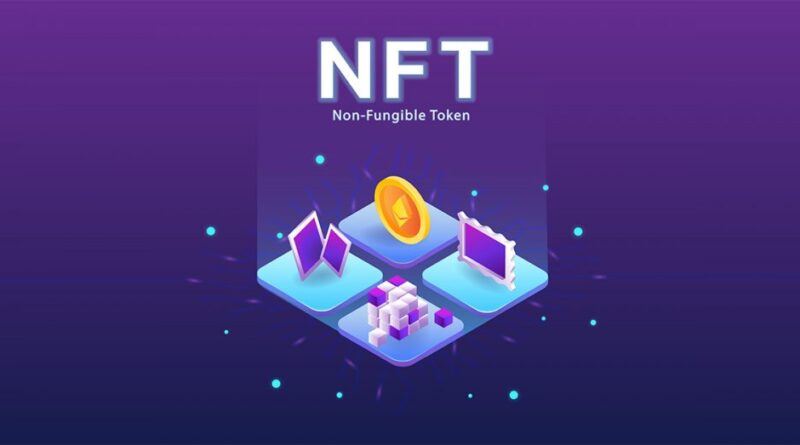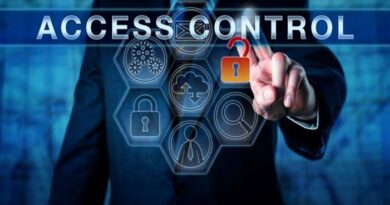Non-Fungible Tokens and What to Do With Them
In 2021 everybody talks about NFTs (non-fungible tokens). Is it somehow connected to cryptocurrency? Can you buy or collect them? Why is it such a big topic? Let’s find out.
What is NFT?
NFTs stand for non-fungible tokens. These are cryptographic tokens representing unique assets. The assets can be either existing in the real world (real estate, pieces of art) or digital items (videos, digital art). An asset can be represented by one or multiple tokens. When tokenized, assets can be sold and purchased on special platforms running on blockchain technologies. Blockchain helps creators monetize their work without the need to address any intermediaries, such as galleries or auctions.
What is the difference between fungible and non-fungible tokens?
What is the difference between fungible and non-fungible tokens? To keep it simple, the main difference is in uniqueness. Fungible tokens are divisible and not unique. Cryptocurrencies are fungible tokens, e.g. one Bitcoin is the same as any other Bitcoin. While NFTs are always one-of-a-kind and indivisible. Another difference is that fungible tokens store value and non-fungible tokens store data of an object. So, in opposition of fungible vs non-fungible tokens, the main emphasis is on the needs and aims of the owner.
Why are NFTs valued so much?
Non-fungible tokens attract a lot of attention not simply because it is something new and intriguing, but because they possess a set of features rewarding for all parties involved in a transaction.
· Limited number
Once representing unique assets, the amount of NFTs is limited and scarce. Thus, each NFT is an exclusive item. That is why possessing NFTs is considered to be prestigious. NFTs contain data featuring genuine characteristics and digital proof of origin.
· Easy to transfer
There are a number of NFT marketplaces, like OpenSea, functioning on a P2P basis, which makes it almost effortless to sell and purchase non-fungible tokens.
· Transparency
When a transaction is made, the data about it is added to the ledger and can’t be changed. Thus, it is always possible to track the actions happening to the NFT. The records of all token transactions are stored on a ledger, so anyone has access to verified information.
How to create and sell NFTs?
The process of NFT creation is rather simple and coherent. It doesn’t require a deep understanding of coding or any other technical aspects. There are just a couple of things to consider when deciding to create and sell NFT.
1.Choose the blockchain
NFTs operate on open blockchain systems, which are accessible by any user. The biggest and most popular one is Ethereum, but there are a vast majority of other blockchains – Flow, Tron, Binance Smart Chain, Polkadot, Cosmos, EOS, Tezos, and WAX. Each of them has its peculiarities to keep in mind. For example, Ethereum transactions are linked to gas fees. Choosing a suitable wallet is of no less importance. Among the most respectable are MetaMask, Trust Wallet, and Coinbase. But make sure that the wallet supports the cryptocurrency you have chosen.
2.Choose the marketplace
Investigate popular NFT marketplaces, like OpenSea, Rarible, Mintable, Foundation, and KnownOrigin. Some of them are for any kind of NFTs, others specialize in a particular type (art, videos).
3.Create
After you sign in on a marketplace you are offered to upload your work. It can be in a variety of formats, from JPG and PNG pictures to 3D visualizations and music pieces. After confirmation, your newly-created NFT is ready to be sold.
4.Sell
When you are ready to sell NFTs, go to a pricing page to determine the terms and conditions of the sale and choose whether it will be in the format of an auction or sold at a fixed price.
Luckily, there are experienced NFT development agencies who will readily assist you and consult about how to create and sell NFTs.
Is NTF going to reshape the concept of trading?
NFT has certainly opened new perspectives for creators and people interested in buying collectibles. With no mediators needed, transactions go much faster and with no extra expense. The level of security and transparency is also a determining factor why people are so fascinated about NFTs. With more industries adopting NFTs, from gaming to insurance, it seems like we are witnessing a new era in trading.



